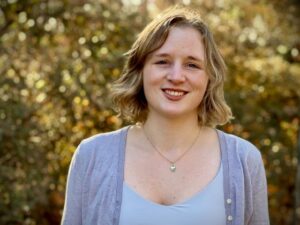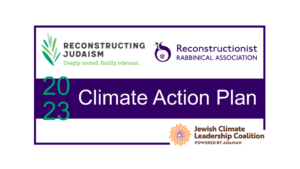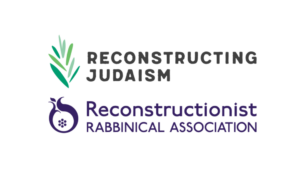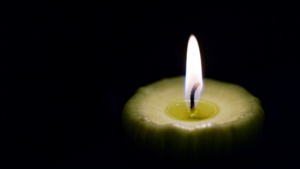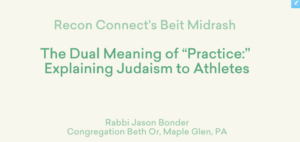
Got Kubbah? Add this Iraqi dish to your Passover Menu
During Passover, in my family’s Iraqi kitchen, we always make kubbah. For us, like in other middle eastern kitchens, Kubbah is a big deal. Its not just a food, it’s an artform, and it’s eaten year-round, cooked, or fried, with different fillings and wrappings, seasonings and textures.


